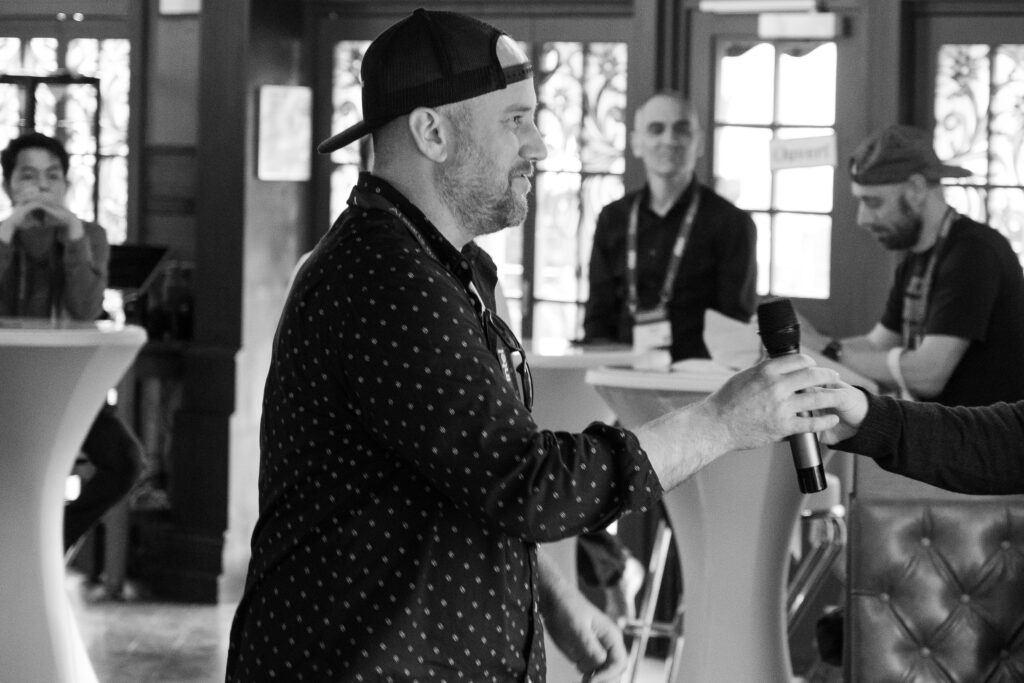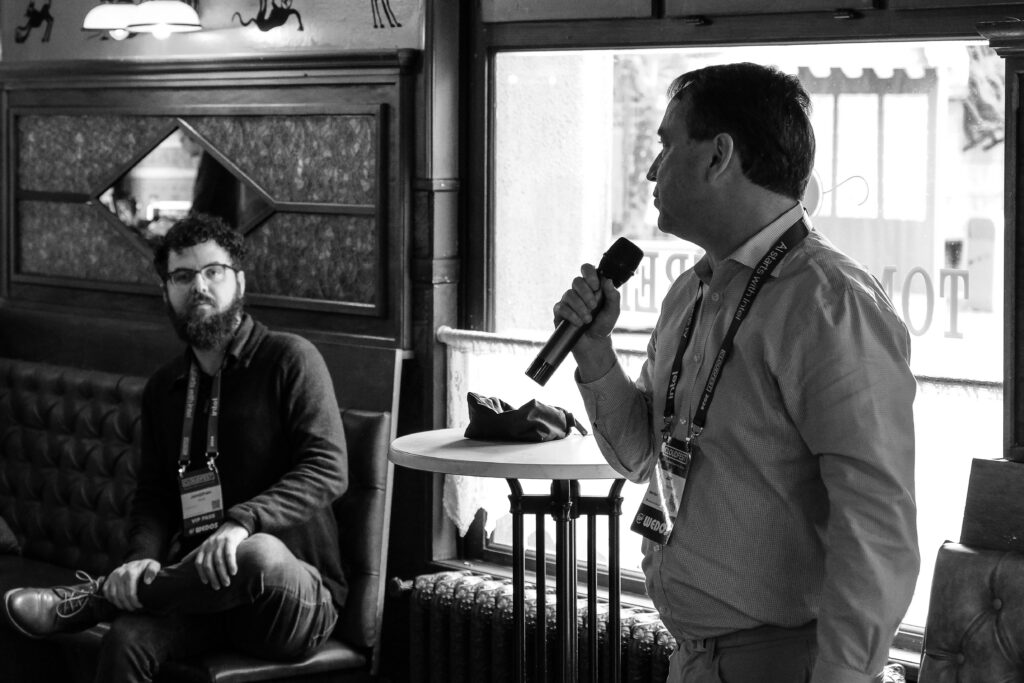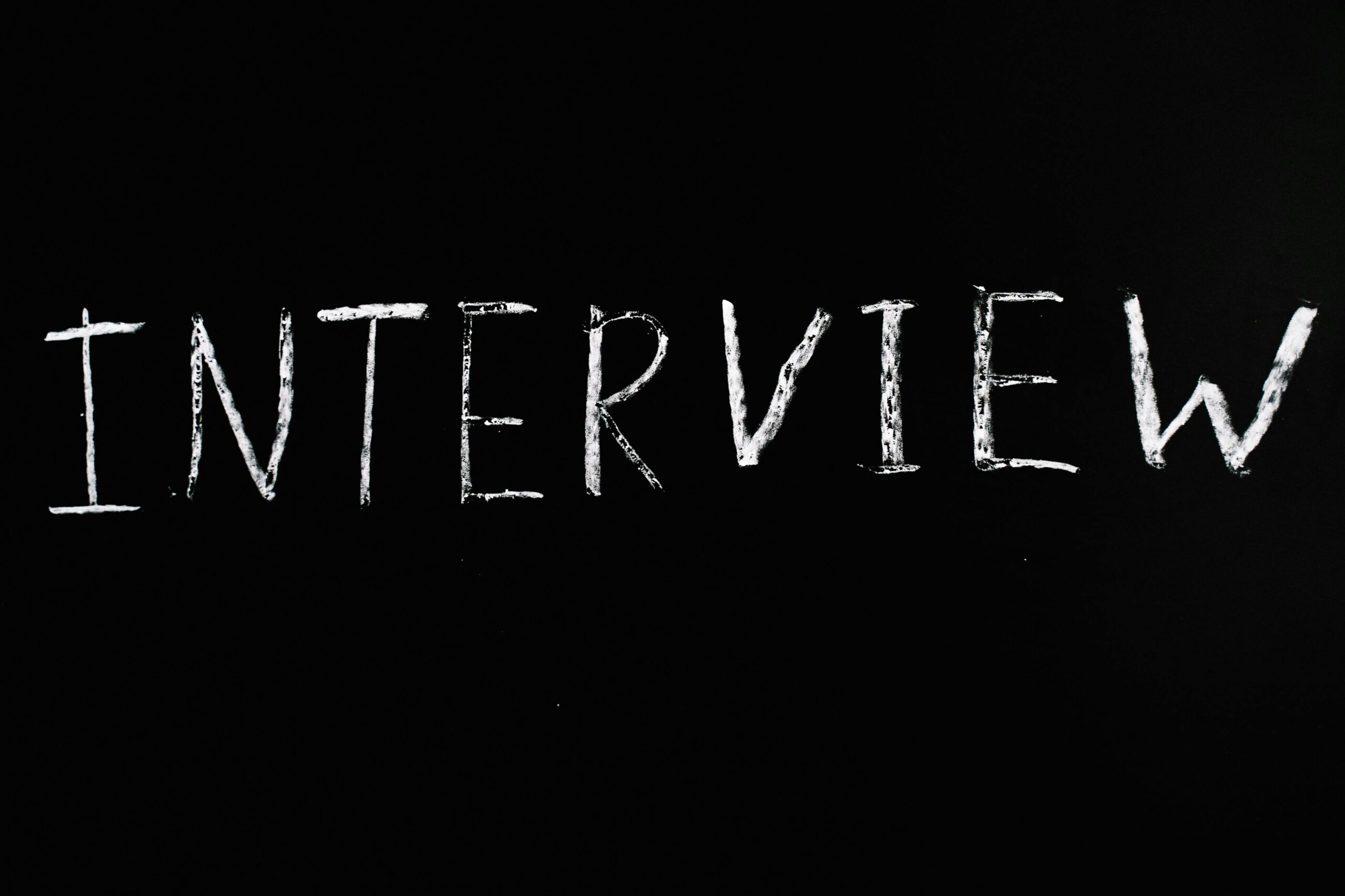WordPress is celebrating 20 years this month. I’ve lived in the world of WordPress for 18 of those years and as I reflect back, several highlights stand out.
From Blog to Operating System
WordPress got its momentum start with its then-famous “5 minute install”. You could have a blog up and running in just a few minutes and in a world where blogging was taking off and other options were difficult (or expensive) at best, WordPress was a breath of fresh air.
Soon, WordPress users went beyond blogging, embracing WordPress as a content management system and running entire sites on it. With the introduction of plugins in WordPress 1.2, the doors flew open as the community began extending WordPress further and sharing their contributions, embracing the benefits of the Four Freedoms of Open Source.
As WordPress adoption skyrocketed, we began to look at it differently. Matt Mullenweg, the co-founder of WordPress, started describing WordPress as an Operating System. I wrote about it in 2019, defining and expanding the concept further. WordPress became a tool for empowering creativity on the Open Web.
The Growth of an Ecosystem
From the early days of WordPress, the three pillars of our ecosystem today were prevalent. First, service providers created with WordPress. Freelancers and agencies, both of their own interest and at the behest of end-users, drove early commercial adoption of WordPress, creating what today has grown into hundreds of thousands of service providers focused on WordPress.
Hosting providers offered WordPress, initially alongside a range of other options and eventually focusing on “managed” WordPress and now WordPress-as-a-Service. Tens of thousands of hosting companies, ranging from solo operations to billion dollar organizations, focus on WordPress and industry events, of which CloudFest reigns, have shifted their focus to be more WordPress-centric.
Plugins and themes that introduced new functionality grew to become products. Marketplaces like Envato’s CodeCanyon offered premium versions of products and the WordPress.org repository grew, now topping out at over 60,000 plugins and 10,000 themes. In recent years, more SaaS providers have embraced the idea of WordPress as an OS and are creating extensions for WordPress, connecting their SaaS offerings into the ecosystem.
The end-result is a vibrant and diverse ecosystem that offers significant economic benefit to all involved and has created space for an entire business-to-business industry of its own, serving the businesses that serve the WordPress ecosystem.
The Tradeoffs of Decentralization
The nature of WordPress as an open source operating system, lead by volunteers, and the decentralized ecosystems that have built up around it are a key source of its strength. The WordPress ecosystem as a whole enjoys the benefits of shared ownership, limitless options, and an overall resilience.
With those benefits come tradeoffs, though, and in our ecosystem those tradeoffs show up as difficulty in core progress, an overwhelming number of choices (many of them poor choices), and a high risk of stagnancy.
WordPress today, with all its strength, has become a far cry from the initial “5 minute install”. While success stories abound, as a whole, getting WordPress up and running beyond a basic blog is difficult and much of the growth we enjoy today is the benefit of momentum, more so than the empowered creativity experience by early users.
The Next 20 Years
As we look ahead to the next 20 years of WordPress I find it helpful to think about trajectory. With significant changes, where are we headed as an ecosystem? What is the natural course we’re on?
I suggest that while we’ll continue to enjoy the benefits of decentralization, the tradeoffs are going to become more pronounced and, unchecked, will show up in three particular ways:
- Market-specific losses – The SaaS industry, led by venture backed proprietary platforms, will go after and successfully carve out niche markets, drawing away from WordPress. Ecommerce, education, government, and enterprise are a few examples where I expect losses to show. WordPress, as a whole, will likely continue to show growth overall while steadily losing the ground in markets focused on by proprietary platforms.
- Slowing new user adoption – New users, especially those familiar with proprietary platforms, will find working in WordPress frustrating and, given a choice, trend away from WordPress, not seeing the benefits as outweighing the pain. I expect this to be especially prevalent in the next generation, familiar with creating on mobile devices over traditional computers.
- Sub-ecosystem siloing – Hosting companies in particular, working to resist market carveouts and maximize the value of dwindling adoption, will become increasingly siloed, promoting their own solutions in an attempt to more effectively compete against proprietary platforms. Users within these sub-ecosystems, for better or for worse, will identify less and less with WordPress and more with the provider themselves.
Now, it’s fine if that happens. I suggest those are natural outcomes and the benefits remain. I also suggest, though, that with the right incentives and collaborative efforts, we can create better outcomes and see the WordPress ecosystem grow, not for its own sake but rather for its connection to and impact on the broader Open Web and the importance that a healthy, Open Web plays to our future and to future generations.
Accordingly, as I look ahead, there are three opportunities that stand out to me.
Mitigate the Tradeoffs
We can mitigate the difficulty of core progress, made worse by a lack of resources (indicated by currently low adoption of Five for the Future) by better aligning economic interests throughout the ecosystem and providing the resources necessary to empower better decisions throughout the project.
We can mitigate the overwhelming number of choices by improving products throughout the ecosystem as we become more user-centric and focused on problem solving. We can then offer the products that solve problems best as curated defaults through hosting providers, respecting user’s choices while offering guidance.
Last, we can mitigate the risk of stagnation by facilitating and fostering innovation throughout the ecosystem. WordPress is poised to be at the continued front of technology innovation on the Open Web and successfully mitigating the first two tradeoffs opens the door for innovation.
Mature the Business Ecosystem
WordPress the software itself has limited value. A motivated team could “build a better WordPress” from a pure software perspective in an increasingly short period of time. What can’t be easily rebuilt, though, are the ecosystems that have grown up around WordPress. That’s where the real value is for all involved.
The WordPress business ecosystem today is still fairly immature. Product companies, where we focus our efforts at Guildenberg, struggle with monetization, compatibility, and distribution. There is a lot we can learn from the world outside of WordPress and a lot that we can share.
Five particular opportunities for maturity stand out to me:
- Product Leadership – Many of the “native” products in WordPress have been engineering-lead, which has its benefits and the tradeoffs tend to show up in unoptimized user experiences. The work that Joshua Wold has been doing with OnboardWP and Tammie Lister with NowNextLab are moving us in a better direction.
- Partnership Management – Strategic partnerships are a key to growth over the next few years in our ecosystem and partnership management is a nascent practice within WordPress and offers a lot of room for growth. My framework for strategic partnerships is a start and the work that Bernhard Friedrichs is leading with PXPAcademy is well positioned to help accelerate the maturing process.
- Company Culture – Our open source values and the inherent benefits of distributed work offer a strong starting point for company culture and there remains a lot of work to be done, especially for founders-turned-leaders who lack management experience. The work that James Giroux is leading with TeamWP and is well positioned to address the gap as are the efforts of folks like Lance Robbins, writing about culture from the outside in.
- Events – Meetups and WordCamps are the lifeblood of our community. The business side of the ecosystem is underserved, though. And while events like CloudFest are beginning to address the gaps, there remains a lot of opportunity to better embrace and support the needs of the business ecosystem. Angela Jin’s call for Next Gen WordCamps is an initiative I’m especially excited about.
- Investments – Up until recently, hosting companies seemed like the only folks buying businesses in the WordPress ecosystem and those acquisitions tend to make the Free Rider Problem worse. We need a new wave of investors that understand and value open source and can either hold for the long-run or offer exits to founders that don’t compromise product growth. Guildenberg’s Accelerator is our foray in that direction and I’m excited to see more investors get involved. Marieke and Yoast’s Emelia Capital is a great example.
Grow the Open Web
While I want and expect to see WordPress continue to grow, it’s not WordPress adoption itself that matters most to me. What I care about most is seeing the Open Web continue to grow and increasing in its health and strength as it grows.
I’m a fan of proprietary platforms. They can offer a lot of value and I’m happy to see proprietary platforms and their supporting ecosystems exist and thrive. I don’t want a web, however, where proprietary dominates. That brings a whole new set of tradeoffs that, to me, are worse than those we experience in an open source based ecosystem.
As we mitigate tradeoffs and mature our business ecosystem, I see WordPress having an opportunity to serve as an anchor in the broader Open Web and as a source of inspiration and support to other Open Web friendly projects and ecosystems.
That’s a better trajectory. Let’s work together to make it happen.










